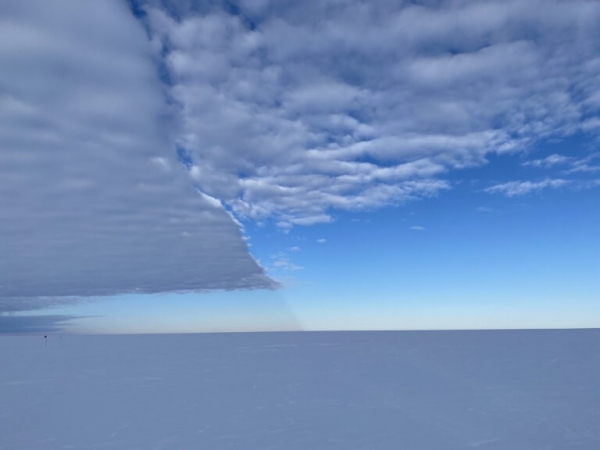
A new study published last week in Nature Communications reveals that rising levels of atmospheric moisture caused by climate change are expected to dramatically increase the frequency and intensity of “atmospheric rivers” over Antarctica – long, narrow plumes of warm, moist air that can travel thousands of kilometres and deliver intense precipitation.
>> Read the Full Article

 ENN
Environmental News Network -- Know Your Environment
ENN
Environmental News Network -- Know Your Environment